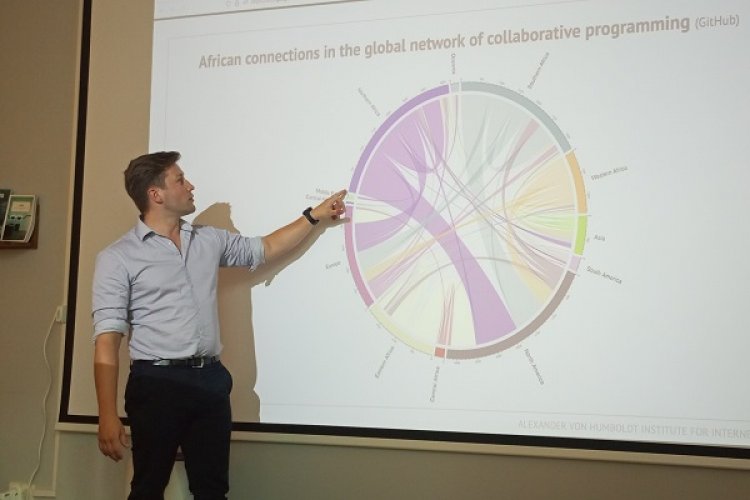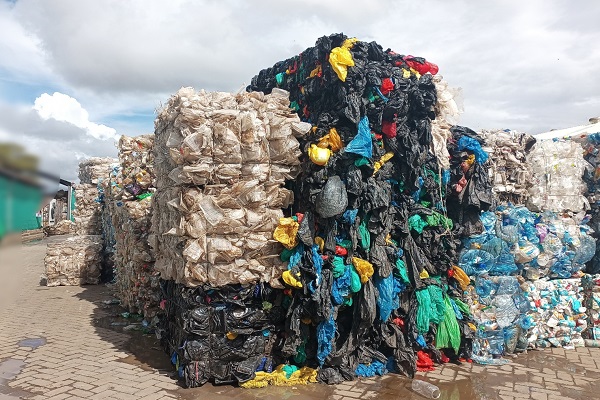Countries on the African continent stand to lose out on the growing global internet economy if challenges around data sovereignty are not addressed head on.
Data scientists at the Berlin-based Humboldt Institute for Internet and Society (HIIG) who have been examining Ethics of Digitisation say large parts of the digital value chain remain in the hands of multilateral firms and foreign states as a number of African countries battle challenges around digital infrastructure such as data centres which would enable local data ownership and control.
This, says Vincent Hofmann, researcher of artificial intelligence (AI) and society lab, denies countries a chance to exercise sovereignty over data amassed over the years of digital drive across the continent.
Limited data control locally raises even broader concerns over privacy and a wide range of potential risks linked to hosting data abroad.
“Data should increasingly be processed and collected by local providers. Governments should focus on harmonized data protection across Africa and financial support for digital infrastructure development,” Hofmann told The Rwanda Post on Thursday June 23.
Mr. Hofmann addressed African journalists and content creators participating in a study tour under the African Union (AU) Media Fellowship programme jointly implemented with the Germany Agency for International Cooperation (GIZ).
Also read: Paywalls, narrative hurting Africa digital transformation drive – Experts
In particular, data scientists at HIIG say both enactment of legal regimes on data protection and investment in data centres by countries or through multinational cooperation on the continent could pave the way for local innovation and spur digitilisation.
A 2021 Pan-African survey published in the Journal of International Commerce and Economics indicates that countries on the continent had, in addition to ratifying the AU Convention on Cyber Security and Personal Data Protection, moved to adopt legislations on the protection of data ahead of the Continental Free Trade Agreement (AfCFTA) agreement which came into effect last year.
At least 31 countries had enacted the legislation by August 2020, a rise from only 16 as at 2016, according to the survey.
Rwanda passed legislation on the protection of personal data and privacy in October 2021 with a view “to enable trusted and secure data flows, domestically and internationally, and maximize the economic and social benefits of data-reliant technologies such as AI in the country.”
Gig economy
Meanwhile, analysis of the global internet market data suggest that the longer it takes for countries on the continent to repatriate their data the more they lose out as it becomes hard to explore avenues to innovate or derive value from the data.
The lack of data localization is equally said to be acting as one of the hindrances to African countries’ full participation in the globar online labour market equally referred to as the gig economy.
The latter consists of using the internet to generate revenues, create opportunities or decent work.
Dr. Fabian Braesemann, associated researcher, Innovation, entrepreneurship and society at HIIG said internet users on the continent largely consume more than they contribute in the global gig work.
~ Reporting by Johnson Kanamugire in Berlin










